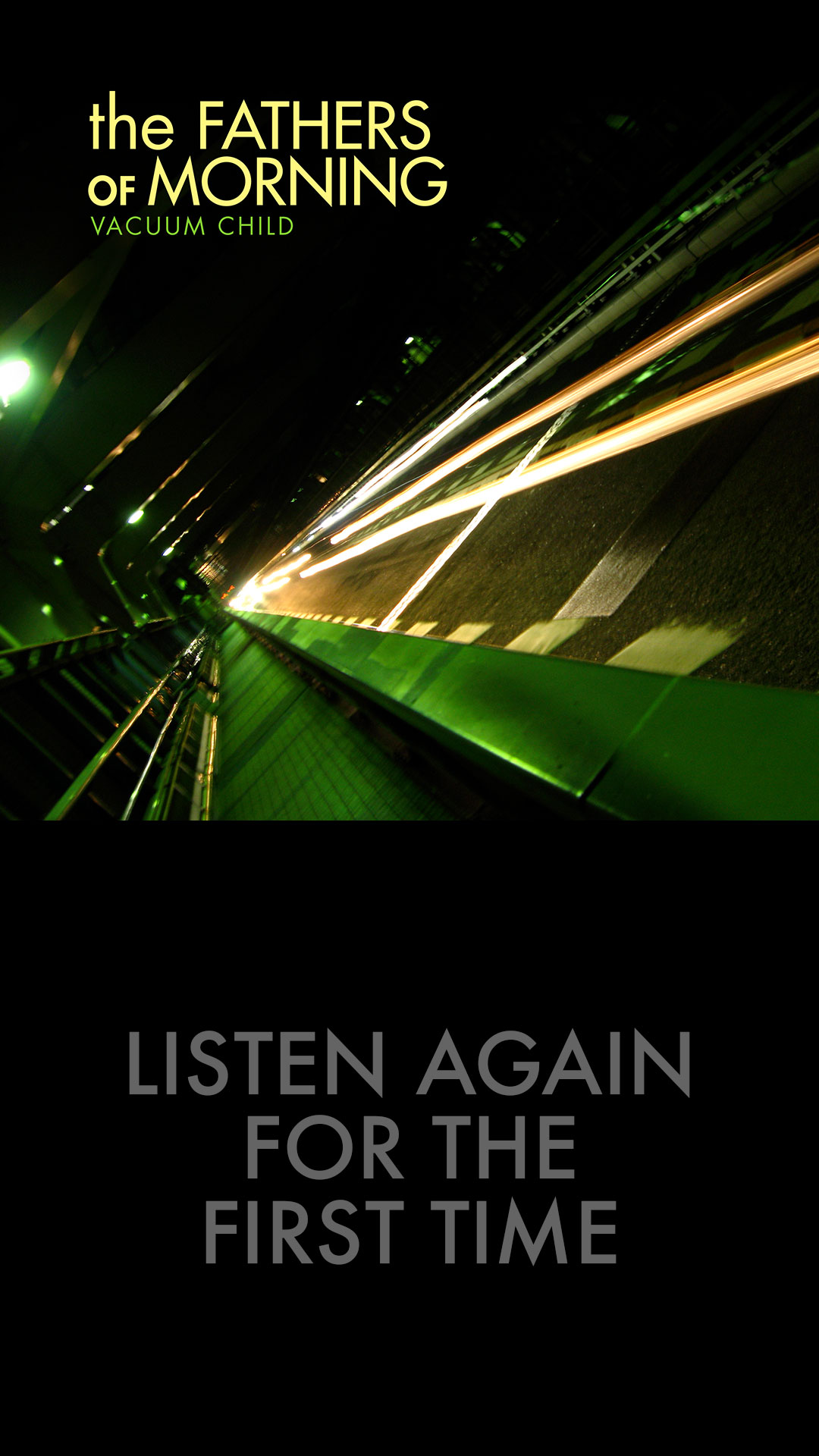
From the mid-’90s to the early aughts, the Honeydogs were the undisputed underdogs of the Minneapolis scene. While their counterparts in the Jayhawks, Soul Asylum and Semisonic found varying levels of national success, Adam Levy and his drummer sibling (and sometimes adversary), Noah, could find only limited love for their St. Paul quartet outside the Twin Cities. Critics and record execs, however, saw potential in the Honeydogs’ sharp songwriting and intensely melodic roots-rock sound. Bouncing between two major labels, the group recorded a pair of modestly brilliant LPs, 1997’s Seen A Ghost and 2001’s Here’s Luck. Somewhere between the former and the latter, original guitarist Tommy Borscheid left the band. Under Adam Levy’s watch, the Honeydogs brand hung around in various incarnations until 2016, falling silent until now.
As comeback albums go, Algebra For Broken Hearts (Julian) is pretty wonderful—an exhilarating ride on the Beatles/Stones seesaw that’s always been the group’s trademark. With Borscheid back as a contributing songwriter, this marks the first Honeydogs album with their key lineup in 28 years. It was worth the wait.
Here’s more from Adam Levy and Borscheid.
—Hobart Rowland
Levy: “We tracked all the songs in five days in June 2024. It was a marathon—and 25 years or so years since we recorded with Tommy. We didn’t spend more than a few hours learning the songs and didn’t really live with them for very long. We banged it out with little fuss—my bandmates have really good instincts. The record holds together with the different styles and moods. We didn’t labor over any of it—no more than five takes per song. It’s not the most perfect record I’ve ever been involved in recording, but it sounds fresh to my somewhat jaded ears. I hear the joy of making it every time I listen.”
1) “Attic Brain”
Levy: “The opening is a Les Paul plugged into a 1957 Fender Harvard tweed amp … volume up. That riff sets the pace for the record, and it was the first song we tracked. Producer John Fields mixes as he records. When things sound that good in playback right away and everyone hears themselves in the mix, you start to build a head of steam. I think we only had to do four takes, and it felt like we had it. My brother kills this groove. ‘Attic Brain’ is a pun on addict brain. Them what struggle know …”
2) “I Don’t Wanna Fight”
Levy: “I like writing songs that could be about relationships or politics. This one is about the exhaustion from having circular arguments with a partner or someone who has a completely different set of facts about the world. You’ve just got to walk away, or you’ll explode. Tommy’s guitar solo sounds like he’s channeling a hybrid of Mick Taylor and Mark Knopfler on Dylan’s Infidels album. Brilliant.”
3) “Kill Switch”
Levy: “After three days in the studio of what was a five-day marathon tracking this album, John Fields—as he’s often apt to do—pushed on me a little bit: ‘I think we need one more song,’ he said. ‘Go home tonight and write a banger.’ I was exhausted and kind of insulted, but I went home, stayed up late and wrote ‘Kill Switch,’ finishing the lyrics over coffee in the morning before heading to the studio to track it. It’s mostly a collage of memories from a recent trip to Istanbul … feeling very far from home yet very connected to layers of history. With the twin guitar dueling, it sounds a little like something from Some Girls, even though I was aiming for early ’70s Faces.”
4) “Righteous Came The Stranger”
Levy: “A little ditty about paramilitary accelerationists. I’ve always loved how Randy Newman could address social issues through character profiles in a somewhat literary style. There are thousands of these guys with their guns in this country. They’re angry; they see themselves as victims, and they love their weapons. It’s a dangerous combination in a democracy.”
5) “Algebra For Broken Hearts”
Levy: “I can’t really remember what was going through my head when that verse came together. But after I wrote it down on paper, I knew it was the opening line of the song. I did a lot of psilocybin that summer, and so the song is filled with a lot of specific color and texture words, astronomy and natural references. A mathematician once told a friend of mine that algebra is about the restoration of broken things. Pausing thoughtfully, she asked him, ‘Why couldn’t algebra fix a broken heart?’ I loved that image. Science and technology have solved so many human problems, but many things remain unsolvable. I love the way guitars sound in open-C tunings … a nod to Bert Jansch and Jimmy Page.”
6) “Captain”
Borscheid: “At different times in my life, I’ve been the protagonist and the antagonist in this song. I wrote it years before the Honeydogs got back together. It’s a glam-rock stomper … But in its chord structure and vibe, it’s always been a Honeydog’s song. Adam had the audacity to tell me the song has a lot of chords.”
7) “Orange 8”
Levy: “A few years back, I checked myself in because I was losing it. They wouldn’t let us have anything in there that we could hurt ourselves with. I pleaded for a guitar, and I wrote a couple songs. This one is reflecting on what was going on outside the county facility I was in—Unit Orange 8 … all the things I read in a newspaper or imagined while I was stuck in the hospital. I reference Lakshmi, the Hindu god that makes you do everything in a loop over and over until you figure out how to change. Tough time, but I’m glad I went through it.”
8) “Irish Goodbye”
Levy: “This is the obligatory song about how our compulsions seduce us … and sometimes take everything.”
9) “Tulsa”
Levy: “I set this story in Tulsa in the 1920s, right before the infamous race massacre of the Greenwood neighborhood. The character can’t tell if he’s hallucinating or experiencing the horrors.”
10) “Bend Or Break”
Borscheid: “At the time I wrote this, my whole life had burned to the ground. It’s a song about what we do during the most difficult times and how we find our way to the light.”














